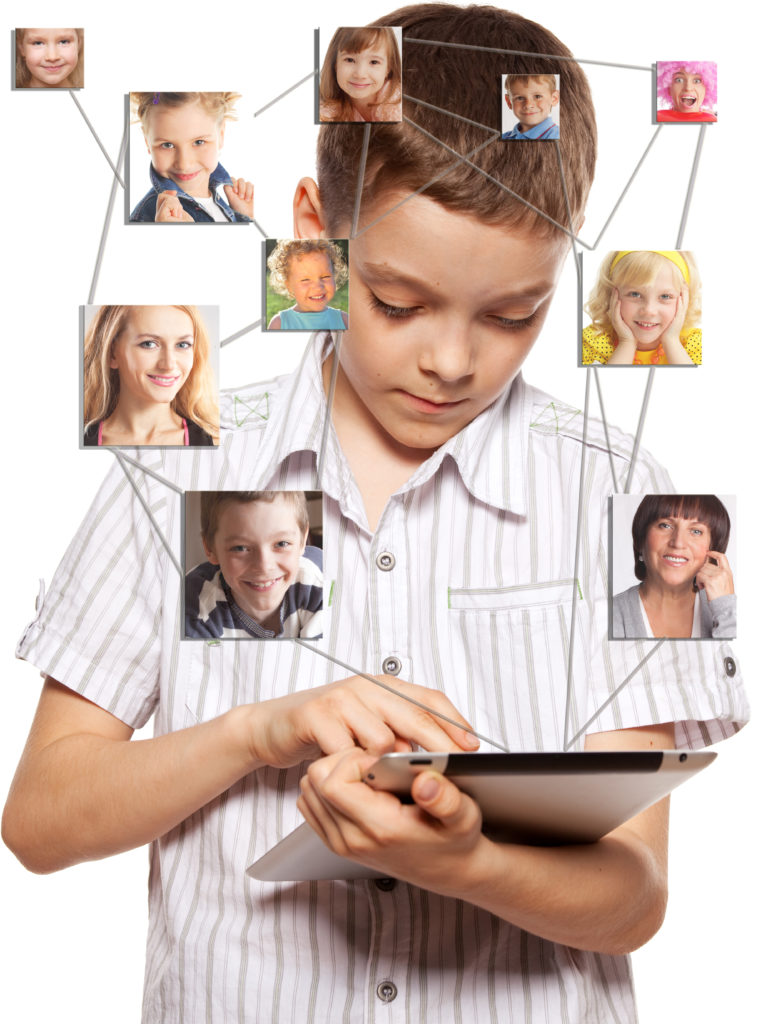15 Amazing Benefits of Learning a Second Language in Childhood
Have you ever wondered what benefits your child could gain by learning a second language at a young age? Beyond the obvious advantage of speaking more than one language, there are many surprising and wonderful reasons to start early. Here are 15 research-backed benefits of bilingualism that might inspire your family’s language-learning journey.
1. A Young Brain Is Ready to Learn
Children’s brains have more synapses than adults, allowing them to process and retain information more quickly. Their brains are also highly plastic, meaning they can adapt easily—making this the perfect time to learn a second language.
2. Improved Test Scores
In one study, students who studied Spanish just 30 minutes a day for a semester scored higher in both math and language tests than those who did not study a language.
3. Stronger Reading and English Skills
Foreign language learning is closely linked to better reading and English performance. In Louisiana, over 13,000 elementary students who took language classes scored better on their English tests.
4. Higher IQ Scores
Students enrolled in French immersion programs were found to have higher IQs than those in regular classrooms, showing how bilingual education enhances cognitive abilities.
5. Benefits Start in Infancy
Even babies as young as 6 months show heightened sensitivity to language sounds when exposed to multiple languages, indicating early brain development benefits.
6. Better Focus and Multitasking
Learning two languages strengthens the brain’s ability to filter distractions and manage tasks, helping children stay focused in school and daily life.
7. Stronger Problem-Solving Skills
Bilingual children tend to approach problems more creatively. Their ability to view challenges from different cultural and linguistic angles makes them more flexible thinkers.
8. Deeper Cultural Understanding
Language and culture go hand in hand. As children learn a new language, they also learn about the customs, values, and daily life of another community—broadening their worldview.
9. Global Readiness
In today’s multilingual, multicultural world, children who grow up bilingual are better prepared to engage with people from diverse backgrounds—an advantage that continues into adulthood.
10. Delayed Onset of Dementia
Speaking two or more languages daily throughout life has been shown to delay the onset of dementia and Alzheimer’s by up to four years.
11. Boosted Creativity
Switching between languages engages different parts of the brain. Bilingual children often show increased creative thinking and are better at generating new ideas.
12. Easier Time Learning a Third Language
Once a child learns a second language, picking up a third becomes much easier—especially when the languages are related, like Spanish, French, and Italian.
13. Career Advantages
Bilingualism helps individuals stand out in the job market. It can lead to higher salaries, promotions, and more global career opportunities.
14. Stronger Communication Skills
Learning a second language develops listening, speaking, and comprehension skills. These children often become better communicators in all areas of life.
15. Better College Applications
Students who study a foreign language tend to score higher on college entrance exams, including the SAT, giving them a competitive edge.
How Dinolingo Can Help
If you’re not sure where to start, Dinolingo makes it easy for children aged 2–14 to begin learning a second (or third!) language. With access to 50+ languages, Dinolingo offers interactive lessons, songs, games, videos, and stories to keep children engaged. The platform supports learning across web, iOS, and Android, and includes printable worksheets, offline access, a parent dashboard, and a rewards system that motivates children to keep going.
Conclusion
From stronger brains and better grades to more creativity and cultural understanding, the benefits of learning a second language early are both immediate and lifelong. Whether you speak another language fluently or not, helping your child get started now can open up a world of opportunity for their future.



